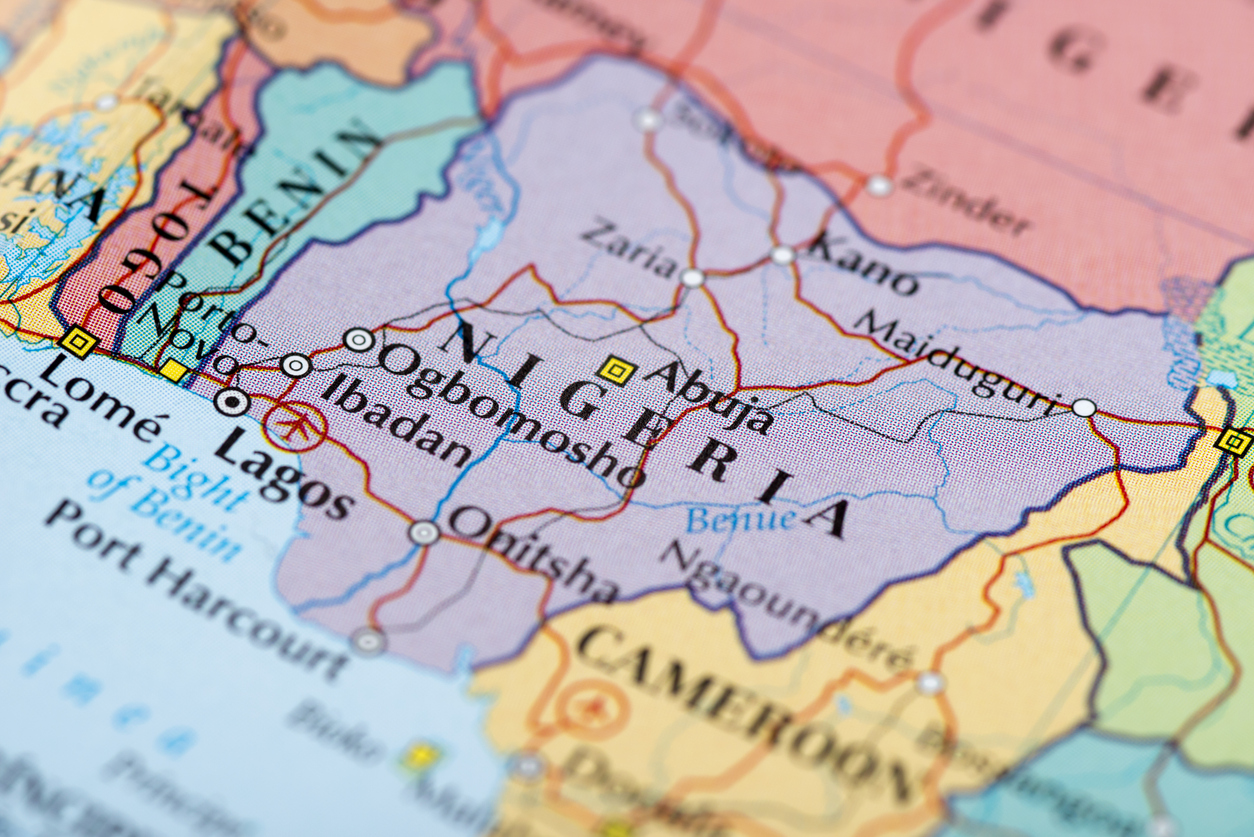NIGERIA: Technical education to increase

John Bosco Institute of Technology partners with Cummins for technical education program
(MissionNewswire) John Bosco Institute of Technology, located in Obosi in the Anambra state of Nigeria, has launched a new Technical Education in Communities program thanks to the support and investment of Cummins, a global power solutions provider. Cummins started technical education for communities because the sector requires employees with specialized skills and technical engineering ability, according to an article in The Sun, a publication in Nigeria.
In the article, Thierry Pimi, vice president of Cummins Africa and Middle East, who spoke during the program launch, said that technical education delivers a “standardized education platform to help education partners develop market relevant curricula, teacher training, career guidance and the practical experience needed by the students.”
Okechi Igwebuike, managing director of Cummins in Nigeria, said in the article that the company believes in giving back to society. The company currently has a technical education school in Lagos but wanted to branch out to other parts of the country. It chose the John Bosco Institute of Technology because their missions aligned.
As part of the program, Cummins West Africa Ltd. commissioned newly refurbished mechanical and electrical workshops, and donated three ISF engines, one ISD engine, tools, and equipment to the institute. It also provided ongoing teacher training and development.
“Salesian technical and vocational education helps youth gain the skills for employment,” said Father Gus Baek, director of Salesian Missions, the U.S. development arm of the Salesians of Don Bosco. “Developing new partnership and programs like this enables poor youth to be able to gain the skills for later employment.”
According to UNICEF, Nigeria is Africa’s most populous country and the ninth most populous country in the world. By United Nations estimates, Nigeria will be one of the countries responsible for most of the world’s total population increase by 2050. While Nigeria has the second strongest economy in Africa, it also has extreme rates of poverty with 100 million people living on less than $1 a day.
About 64 percent of households in Nigeria consider themselves to be poor while 32 percent of households say their economic situation had worsened over a period of one year, according to UNICEF. Poverty still remains one of the most critical challenges facing the country and population growth rates have meant a steady increase in the number of people living in conditions of poverty.
###
Sources:
Salesian Missions – Nigeria
The Sun – Cummins Inc. launches technical training project in Anambra
UNICEF – Nigeria





